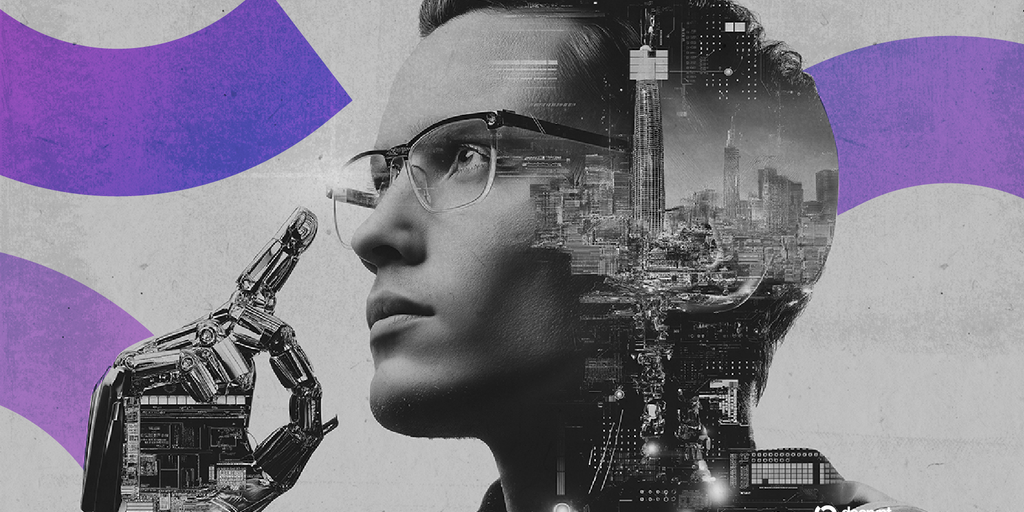
In short
- Valthos was launched with $30 million from the OpenAI Startup Fund, Lux Capital and Founders Fund.
- The AI tools are intended to detect and neutralize biological threats faster than traditional biological defense systems.
- The launch follows RAND’s warning that governments are unprepared for rapidly evolving AI-driven crises.
Biodefense startup Valthos emerged from stealth on Friday with $30 million in funding, backed by ChatGPT maker OpenAI, to develop and use artificial intelligence to detect and counter biological threats in real time.
The company develops AI systems that update medical countermeasures to match the speed of biological threats, allowing researchers and government agencies to identify and respond to pathogens as they arise.
“Of all AI applications, biotechnology has the greatest advantages and the most catastrophic disadvantages,” the company said wrote on X.
Founded last November in New York, Valthos is led by Kathleen McMahon, previously Head of Life Science at Palantir Technologies; Tess van Stekelenburg, former researcher of computational neuroscience at the University of Oxford; and Victor Mao, a founding AI engineer who previously worked as a research engineer at Google DeepMind.
“In this new world, the only way to get ahead is to be faster. That’s why we started building the biodefense tech stack,” they wrote. “Our team of computational biologists and software engineers applies groundbreaking AI to identify biological threats and update medical countermeasures in real time.”
Lux Capital and Founders Fund Join the OpenAI Startup Fund in the $30 Million Investment. The company said it is hiring engineers and researchers to expand its platform for government and life sciences partners.
“Technology is evolving rapidly. One of the best ways to keep pace is with more technology, more research, more startups and more entrepreneurship,” Jason Kwon, Chief Strategy Officer of OpenAI, said on With AI and biotechnology developing rapidly, biodefense will be one of those industries.”
Understanding biological defense
Biodefense refers to technologies and systems built to protect populations from biological threats, ranging from naturally occurring diseases to laboratory accidents or deliberately engineered pathogens. Traditional defense measures rely on vaccines, detection networks and drug supplies, but these are often too slow for a world where synthetic biology can quickly create new or modified organisms.
Valthos said its platform will use AI to analyze biological sequences and adapt existing drugs or treatments in response. Technology that the company says could shorten the time between identifying a new threat and developing a response from months to hours.
Researchers are increasingly using AI to predict disease risk before symptoms appear. A model called Delphi-2M, trained on data from the UK Biobank, can predict more than 1,000 conditions up to 20 years in advance, showing how AI can shift medicine from response to prevention, and in the field of biodefense, help detect new outbreaks before they spread.
Valthos’ announcement follows a report from RAND Corporation this week warning that governments are unprepared to deal with AI-driven cyber crises.
“Today it is faster to weaponize biology than to advance new cures,” Valthos said in a statement. “Our future is at stake.”
Neither OpenAI nor Valthos responded to requests for comment from Declutter.
Generally intelligent Newsletter
A weekly AI journey narrated by Gen, a generative AI model.


